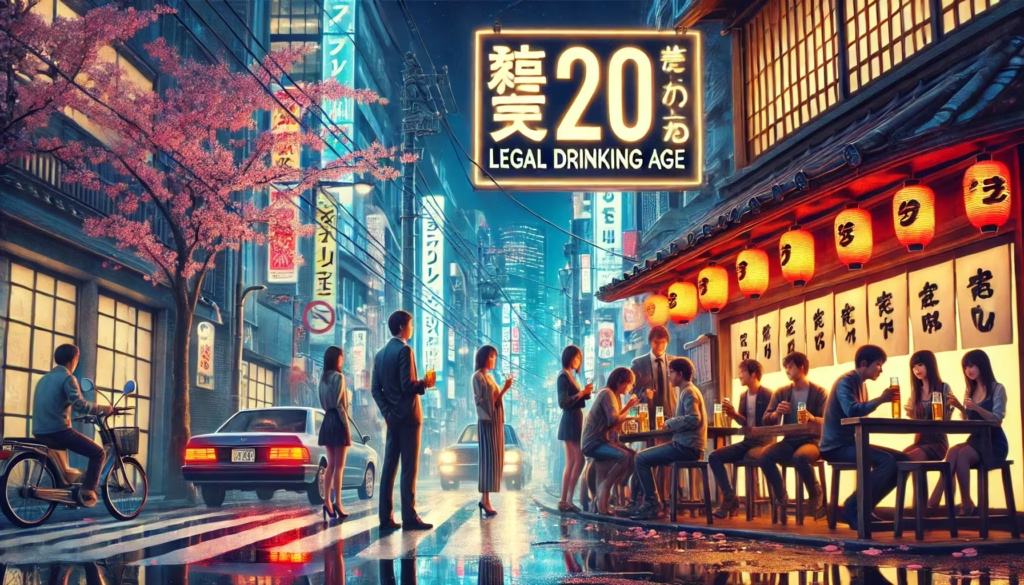Did you know the legal drinking age in Japan is 20? It’s a significant age that marks adulthood in many ways, including the right to legally enjoy alcohol. For visitors and fans of Japanese culture, understanding this law is essential—not just to stay on the right side of the rules, but also to fully appreciate Japan’s approach to responsibility and social customs. Whether you’re planning a trip or just curious, knowing more about this regulation helps you respect local laws while enjoying all Japan has to offer.
Understanding the Legal Drinking Age in Japan
Alcohol is deeply tied to Japanese culture, from traditional sake rituals to modern nightlife in Tokyo. But before you grab a drink, it’s crucial to understand Japan’s legal drinking age. Whether you’re visiting or already in Japan, this section will explain everything you need to know to ensure you drink responsibly and legally.
What is the Legal Drinking Age?
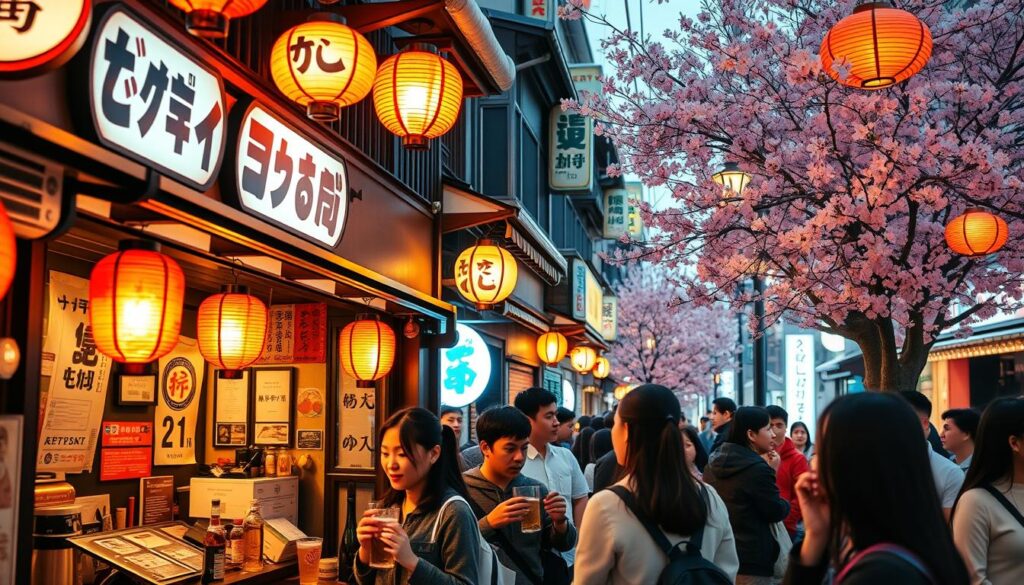
In Japan, the legal drinking age is 20 years old. This law also extends to the purchase and consumption of tobacco products, emphasizing the importance placed on adulthood in Japanese society. Wondering why this specific age? At 20, individuals in Japan officially transition into adulthood, with new rights and responsibilities—drinking and smoking included. Retailers strictly enforce these rules, often requiring ID verification like passports for tourists or resident cards for foreign residents. Bars, restaurants, and convenience stores alike won’t bend these rules, so make sure you’re prepared.
The History Behind the Law
Japan set its legal drinking age at 20 back in 1922, under the Law Prohibiting Minors from Drinking. This decision coincided with a global wave of regulations surrounding alcohol consumption in the early 1900s. Advocates like Sho Nemoto—considered the “father” of Japan’s drinking age law—pushed for this regulation to curb underage drinking and its societal impacts source.
Unlike many other countries where alcohol limits vary from 16 to 21 years, Japan’s law was firmly rooted in its cultural views on coming of age. Even today, these laws remain unchanged, staying in sync with Japan’s broader Coming of Age Day traditions celebrated annually.
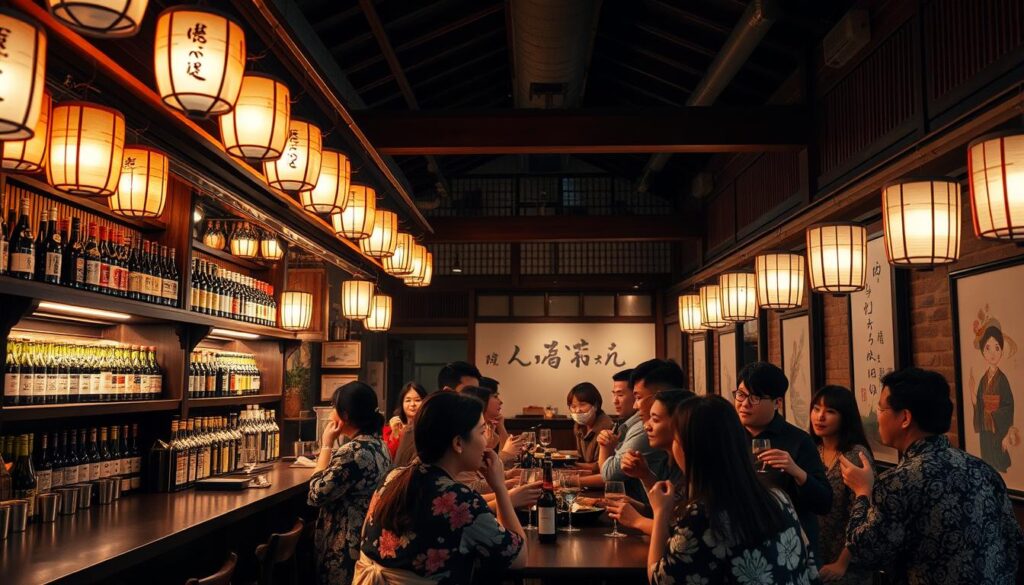
Does This Apply to Foreigners?
Absolutely, the drinking age in Japan applies to everyone, whether you’re a lifelong resident or just stopping by for a few days. Tourists, expats, and international students must all adhere to the age of 20 for purchasing and consuming alcohol. Don’t think you can get away with bending the rules just because you’re not local—Japanese law is very clear on this. Your passport or ID will likely be required when making a purchase, so it’s always best to have it on hand.
Keep in mind, cultural respect goes hand-in-hand with understanding these laws. Drinking underage not only poses legal troubles but also risks offending local sensibilities. Want to avoid awkward or tricky situations? Make sure you’re playing by the rules.
Stay tuned for more on Japan’s drinking culture, tips to keep things fun (and legal), and how to navigate these practices as a visitor!
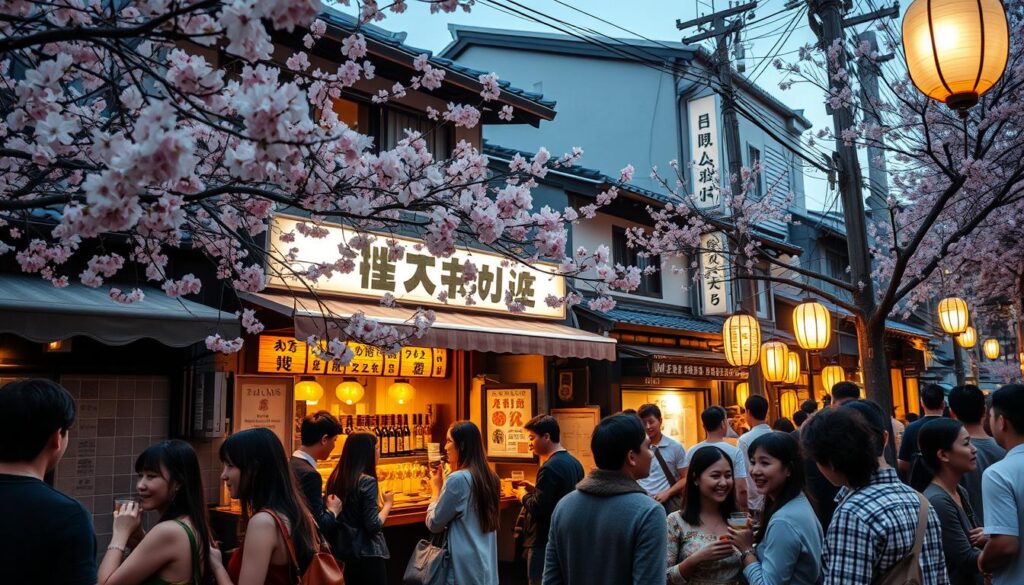
Penalties for Underage Drinking
Japan takes underage drinking laws seriously to maintain order and public safety. While Japan’s cultural emphasis on communal harmony influences how these laws are enforced, the consequences for breaking them can be severe. Let’s break down how minors, their guardians, and even foreign nationals may be held accountable.
Penalties for Minors
Under the Minor Drinking Prohibition Act, individuals under 20 years old are not allowed to consume or purchase alcohol in Japan. If caught, minors face:
- Warnings or rehabilitation citations: Often issued by local authorities, especially for first-time offenders.
- Confiscation of alcohol: Authorities may confiscate the alcohol involved.
- Disciplinary measures: For students, schools may impose suspensions or other penalties.
Interestingly, drinking itself isn’t always deemed a punishable offense for the minor. However, the situation escalates if other laws—like causing public disturbances—are also violated. This dynamic emphasizes prevention rather than punishment, but it’s not an excuse to break the rules. Learn more about enforcement specifics on Reddit.
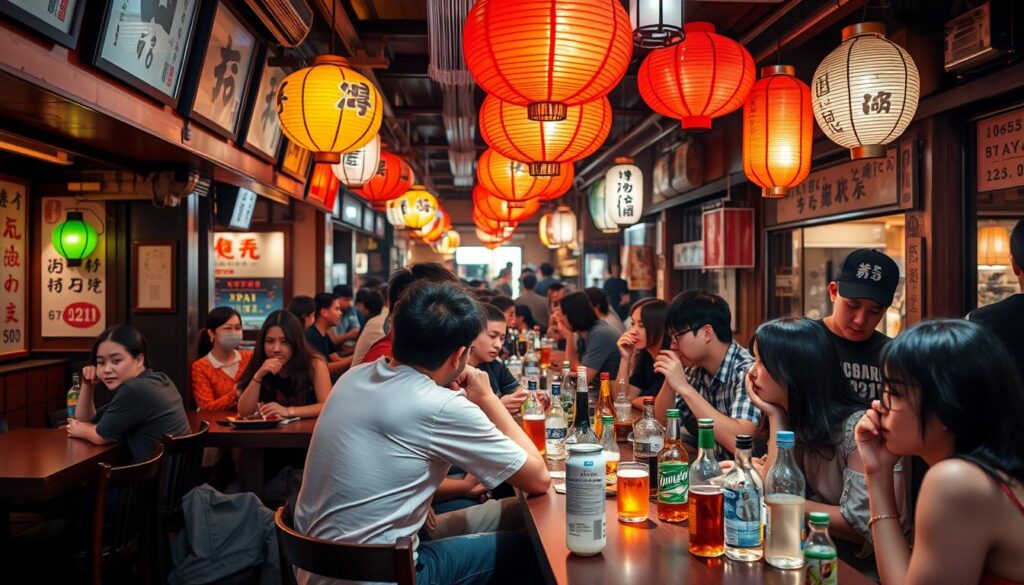
Responsibilities of Guardians
Parents and guardians bear a significant burden under Japanese law when minors engage in underage drinking. They can face penalties, including:
- Fines up to 10,000 yen: If deemed negligent in preventing underage drinking.
- Mandatory counseling: In some cases, parents may be required to participate in educational programs.
- Social and professional backlash: In a tight-knit society like Japan, public embarrassment or loss of trust can serve as an unwritten penalty.
Guardians are legally expected to prevent alcohol access to minors in homes or other settings. This applies whether the consumption is intentional or accidental. To dive deeper, you can check out this article by the Brewery Convention of Japan.
Consequences for Foreign Nationals
Non-citizens face unique and often stricter repercussions for underage drinking in Japan. For foreigners:
- Deportation risks: Immigration laws may apply harsh penalties, including deportation or visa revocation.
- Higher fines: In some cases, penalties may be more severe for non-citizens to discourage violations.
- Detention: Even a minor offense can escalate quickly in Japan’s legal system, leading to short-term imprisonment.
Authorities keep a close eye on foreign visitors and residents, and ignorance of the law isn’t accepted as an excuse. For tourists and foreign nationals, this is especially critical—any legal misstep can abruptly end your dream trip. Find more insights from iRoamly.
Photo by Satoshi Hirayama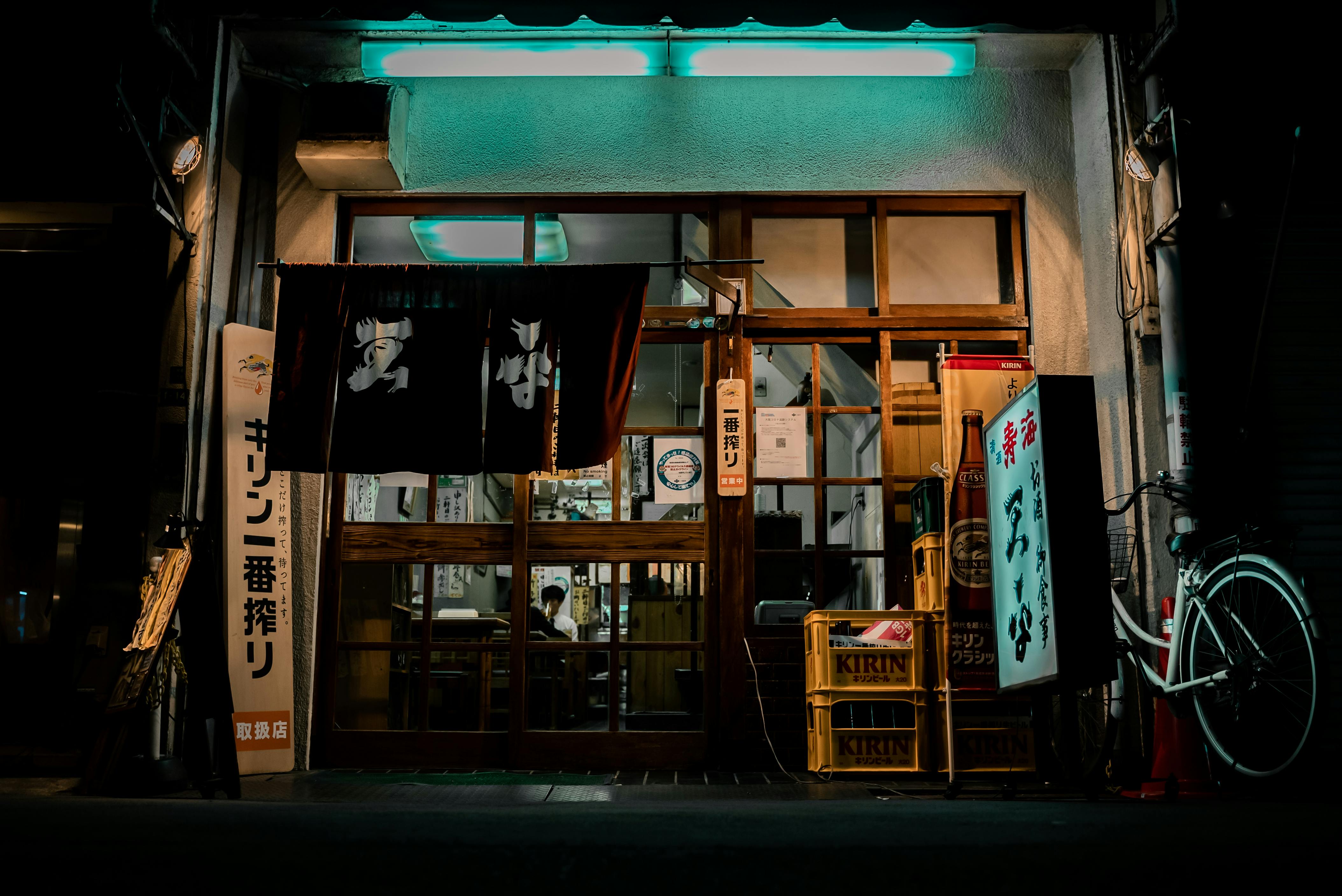
Want to avoid these penalties altogether? Keep things simple: Wait until you’re 20 to enjoy Japan’s vibrant drinking culture legally!
How the Age Verification Process Works
Ensuring age compliance is an important aspect of Japanese drinking laws. The age verification process is rigorous across different settings like vending machines, bars, and restaurants to ensure only individuals over 20 purchase or consume alcohol. These mechanisms not only enforce the law but also reflect Japan’s emphasis on responsibility and order.
ID Requirements
Japan has strict rules when it comes to verifying age, and the process often starts with identification. For both locals and tourists, the following forms of ID are commonly accepted:
- For residents: National ID cards, driver’s licenses, and Japan-issued My Number cards.
- For tourists: Your passport is your primary form of ID. Keep it handy!
- For older adults: The system applies to everyone, not just younger audiences. Don’t be surprised when asked for proof.
Convenience stores and supermarkets often have verbal confirmations for quick purchases, but IDs might come into play for alcohol. For tourists, always have your passport readily available, especially when entering bars or clubs. You can find more details about ID requirements for foreigners on this Reddit discussion.
Age Verification in Vending Machines
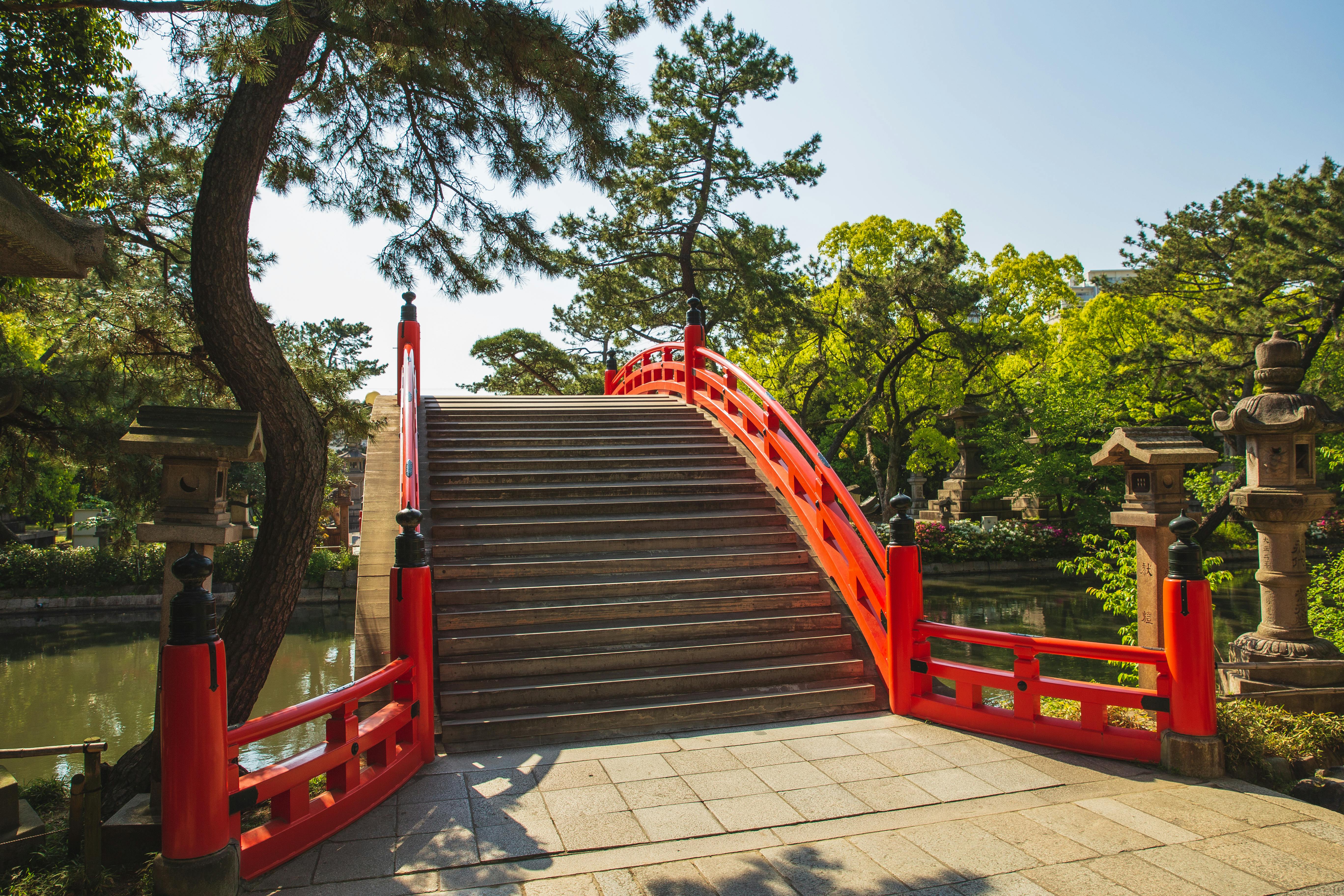
Photo by Ryutaro Tsukata
One of the more fascinating aspects of Japan’s alcohol purchasing system is its vending machines, some of which sell alcoholic beverages. These machines are equipped with TASPO cards, a prepaid smart card system specifically designed to verify the user’s age. Here’s how it works:
- You must apply for a TASPO card: Only individuals over 20 years old are eligible for one. Applications often require a national ID or similar documentation to confirm your age.
- Swipe your card: The machine scans your TASPO card to ensure you meet the age requirement before dispensing alcohol products.
No TASPO card? No alcohol from the vending machine! This sophisticated method limits underage access to alcohol while keeping the process efficient. Learn more about how these unique systems operate here.
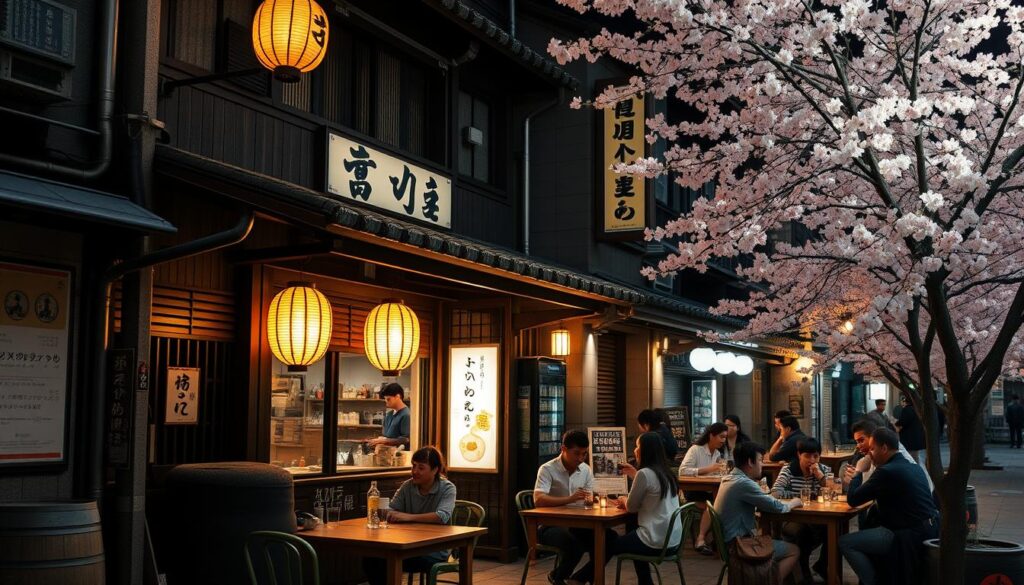
Checking IDs at Restaurants and Bars
Any bar, restaurant, or izakaya (Japanese-style pub) in Japan that serves alcohol will likely ask for ID. Here’s what you need to know about how it works:
- Expect a passport request if you’re a tourist—especially in bigger cities like Tokyo, Osaka, or Kyoto.
- For locals, driver’s licenses or residence cards are the go-to verification method.
- Some upscale venues may even scan ID cards electronically, leaving little room for error.
Common practices in restaurants often include a momentary ID check before seating and serving customers. It’s recommended to be ready with your ID even in casual pubs or izakayas, as enforcement varies between establishments. More insights about drinking in Japan, including ID requirements, can be found here.
With these systems in place, Japan ensures the legal drinking age is respected across all settings, reflecting a culture that values structure and collective responsibility.
Drinking Etiquette in Japan
Japan has a unique drinking culture rooted in respect and social connection. Whether you’re at a company gathering, an izakaya with friends, or a festive celebration, understanding basic drinking etiquette is essential to fully embrace the experience without unintentionally offending anyone.
Social Rituals
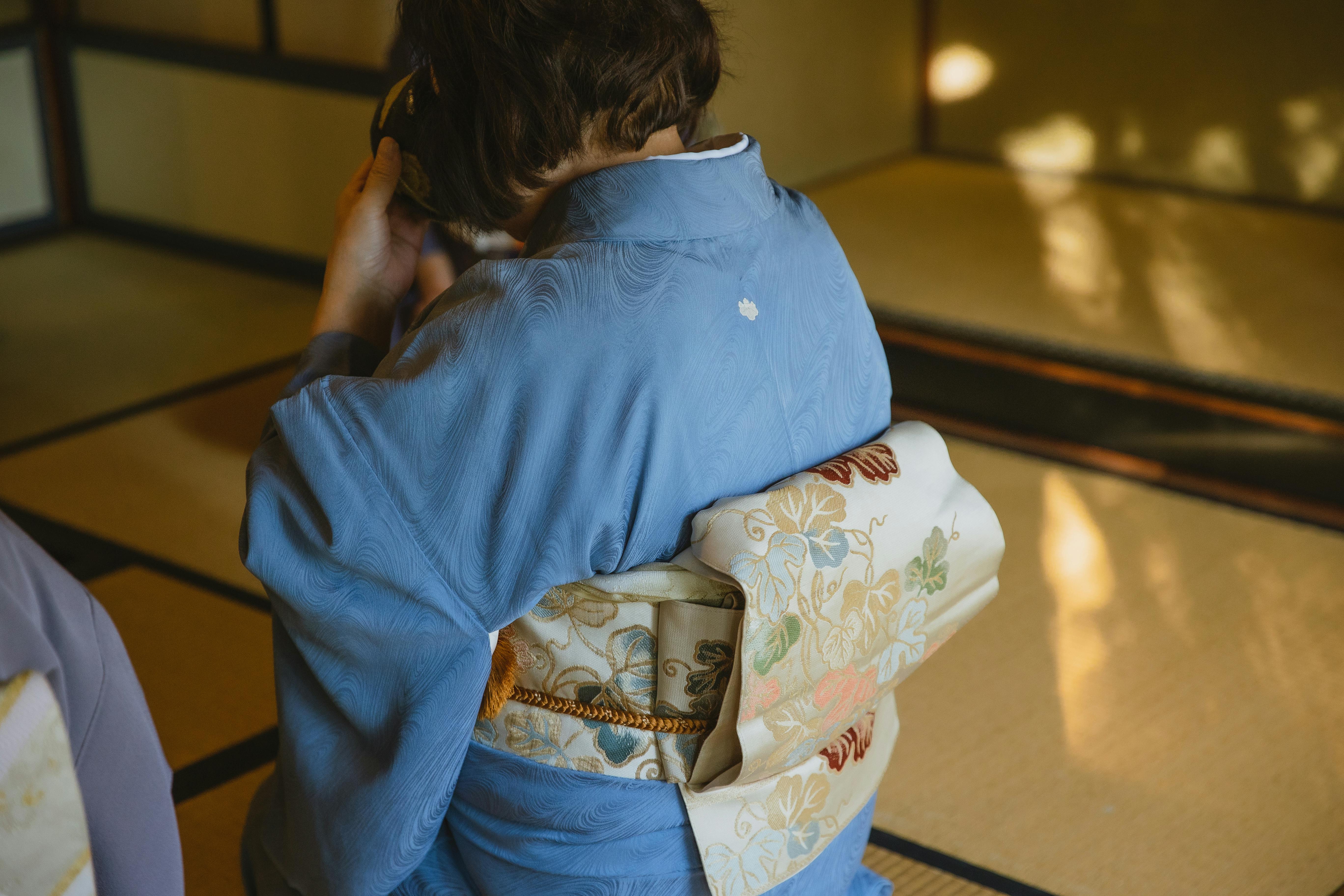
Photo by Ryutaro Tsukata
In Japanese culture, sharing drinks is a key part of bonding. One important rule is that you should never pour your own drink. Instead:
- Wait for a companion to pour for you and return the favor by pouring for them.
- Use both hands while serving, holding the bottle with one hand and supporting it with the other.
- Keep an eye on others’ glasses. If someone’s drink is low, it’s polite to offer a refill.
This custom, called shaku, reflects mutual care and is seen as a gesture of camaraderie. It’s a small but meaningful act that helps build trust and foster relationships. If you’re unsure of what to do, simply follow your host—they’ll guide you through the process.
To learn more about the significance of pouring etiquette, check out this guide.
Respectful Behavior
There are certain unspoken rules in Japanese drinking culture that you’ll want to know. These habits ensure the gathering remains enjoyable for everyone. Here’s what’s considered polite versus rude:
- Polite:
- Hold your glass firmly when someone pours you a drink as a sign of respect.
- Raise your glass during a toast and say “Kanpai!” (Cheers) together before drinking.
- Sip your drink rather than guzzling it—pacing matters.
- Rude:
- Filling your own glass. Doing this breaks the tradition of serving others.
- Refusing to participate in a toast. Even if you’re not drinking alcohol, raise a glass with water or soda to join in the spirit of the moment.
- Leaving your glass full when others are drinking might suggest you’re not engaged with the group.
For a deeper dive into dos and don’ts, visit The Do’s and Don’ts of Drinking in Japan.
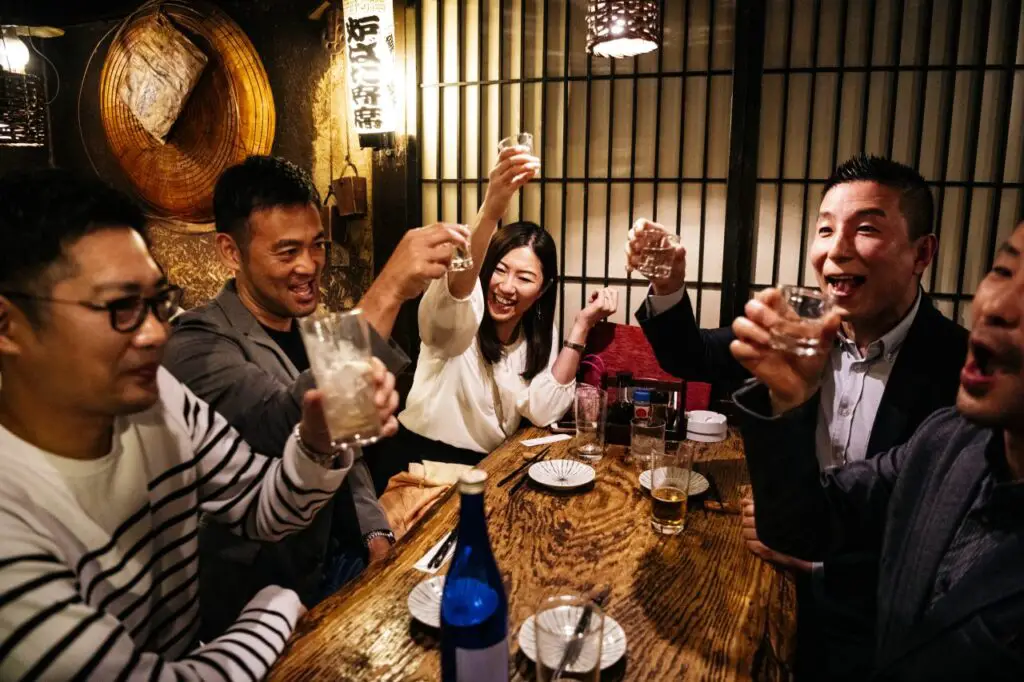
Common Phrases to Know
Language is an important part of the drinking experience in Japan. Knowing a few phrases can enhance your engagement and show respect for the culture. Here are some essentials:
- Kanpai! (乾杯!) – This is the Japanese way of saying “Cheers!” It’s a must for starting any drinking session.
- Motto nomimashou! (もっと飲みましょう!) – “Let’s drink more!” Commonly said to keep the fun going.
- Otsukaresama desu! (お疲れ様です!) – Often used in workplace drinking parties, this means “Thanks for your hard work.” It’s a respectful way to acknowledge everyone’s efforts before enjoying a drink together.
While these phrases are simple, they carry significant meaning and help you connect with others. Curious about their cultural nuances? Check out Cheers in Japanese: Drinking Etiquette in Japan.
Mastering these aspects of Japanese drinking etiquette not only keeps you in line with local customs but also ensures you’ll leave a great impression. So, when in Japan, pour for a friend, say “Kanpai,” and toast to new memories!
Popular Alcoholic Beverages in Japan
Japan is home to a rich and diverse drinking culture, shaped by centuries of tradition and modern innovation. From century-old spirits like sake to globally acclaimed Japanese whisky, these beverages play an important role in celebrations, rituals, and everyday moments. Understanding the unique characteristics of these drinks reveals not just their flavors, but their cultural significance.
Sake and Shochu: Understanding the Differences
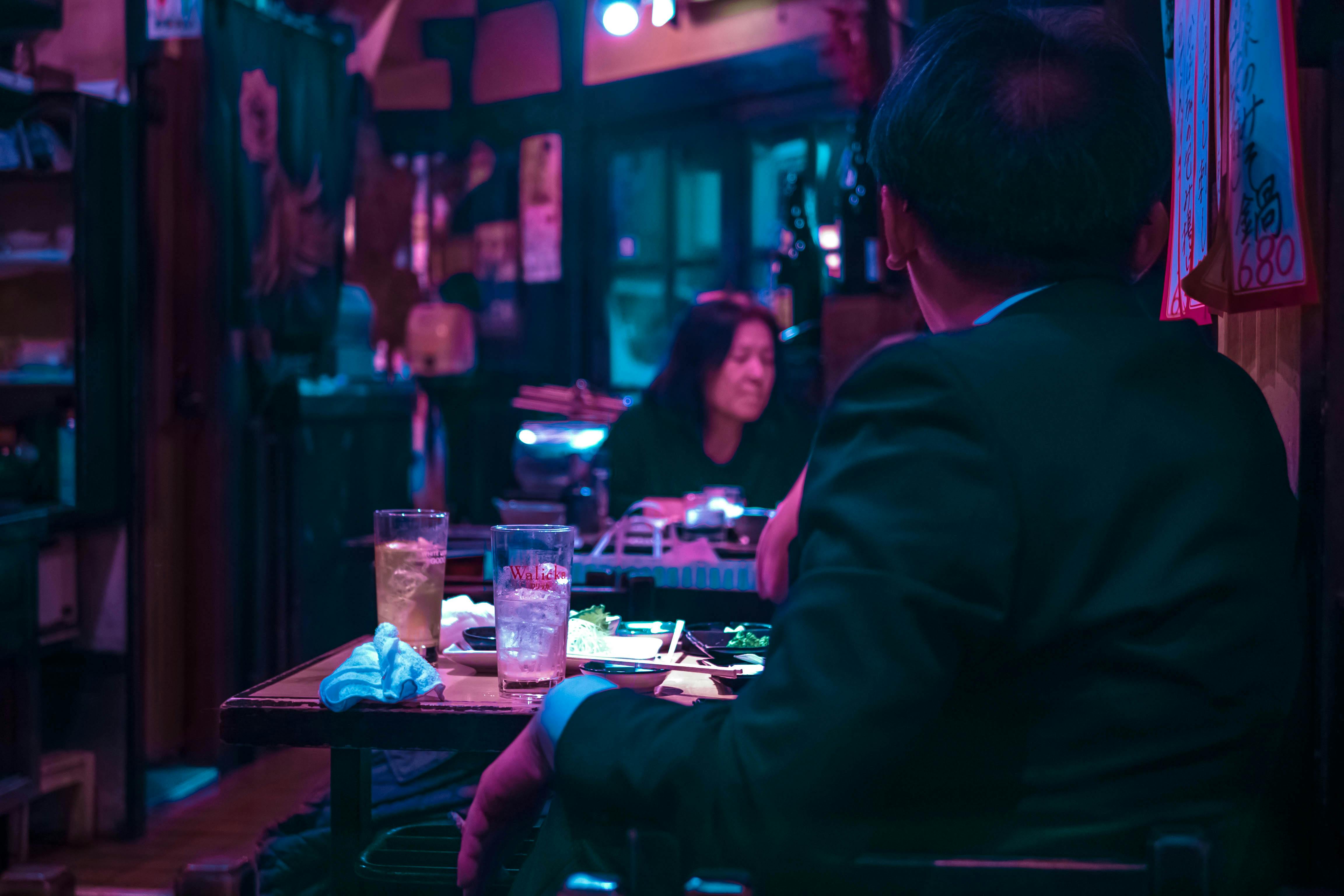
Photo by Alan W
Sake and shochu are iconic Japanese spirits often confused by outsiders. While both are deeply embedded in Japan’s culture, they couldn’t be more different in character.
- Sake: Also known as “nihonshu,” sake is made by fermenting rice. It’s typically served warm or cold and enjoyed during ceremonies and special occasions. Think of it as Japan’s equivalent to wine—light, slightly sweet, and perfect for pairing with a variety of dishes.
- Shochu: This distilled spirit is stronger than sake, with an alcohol content of around 25%. It can be made from barley, sweet potatoes, or even buckwheat, offering a wide range of flavors. Shochu is versatile and often consumed on the rocks, with hot water, or mixed with soda.
Sake is about enhancing celebrations, while shochu leans more toward everyday casual drinking. Curious about the origins of these beverages? You can explore more here.
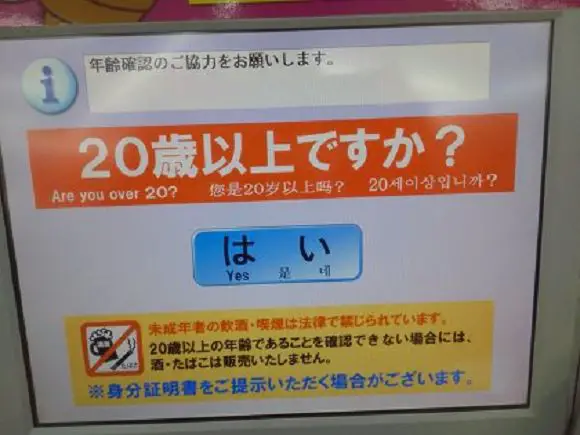
Japanese Whisky: A Global Sensation
Japanese whisky isn’t just a drink; it’s a craft that has earned worldwide respect. Inspired by Scotland but perfected in Japan, it exemplifies precision and dedication. Brands like Suntory and Nikka have won countless international awards.
What sets it apart? The use of pure Japanese water and intricate distillation techniques. Japanese whisky is known for its smooth, layered flavors, often described as a perfect balance between complexity and elegance. Whether you prefer it neat or in a highball (whisky mixed with soda), it’s no wonder these bottles fly off the shelves globally. For an in-depth guide, check out Japanese alcohol: Your complete guide.
Beer and Craft Brews: A Growing Trend
Beer remains a staple in Japan’s drinking culture, starting with household names like Asahi, Kirin, Sapporo, and Suntory Premium Malt’s. You’ll find these beers paired with anything from ramen to sushi. However, the recent surge in craft breweries has added exciting diversity.
Some standout Japanese craft breweries include:
- Hitachino Nest Beer: Known for its innovative flavor combinations.
- Coedo Brewery: Famous for its use of sweet potato as an ingredient in beer.
- Minoh Beer: A pioneer in Japan’s craft beer movement.
Craft beer bars are booming across cities like Tokyo and Osaka, catering to a new wave of beer aficionados. For a list of top-rated beers in Japan, browse 32 Best Alcoholic Beverages in Japan.
Umeshu (Plum Wine): Sweet and Satisfying
Umeshu, or plum wine, offers a sweeter side to Japan’s alcoholic repertoire. Made by steeping Japanese plums in alcohol and sugar, it results in a rich, aromatic liqueur that can be served in numerous ways—on ice, with soda, or straight.
This drink is especially popular as a dessert wine or post-meal treat. Its versatility makes it a common choice, even for those who aren’t fans of stronger spirits. Plus, the fruit-forward profile appeals to a global palate, making it a hit with tourists. Want to learn more about its history and popularity? Dive into details at Drinking in Japan! : r/JapanTravel.
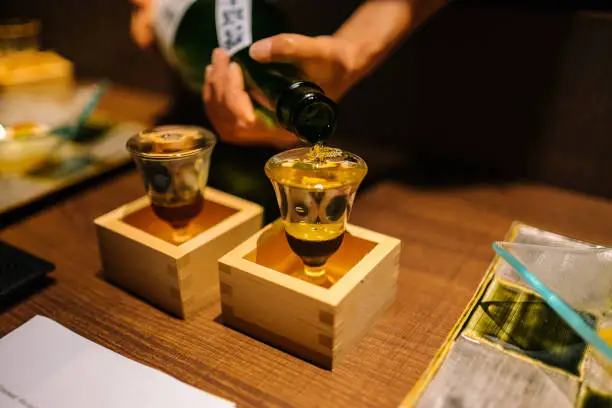
Public Drinking and Cultural Norms
Unlike many countries, public drinking is generally accepted in Japan and is often viewed as a natural part of its social and cultural fabric. However, there are unwritten rules that dictate how people should behave while drinking in public. Let’s explore where public drinking is common and the behaviors you should avoid to keep in line with Japanese cultural norms.
Where Public Drinking is Common
Japan’s relaxed stance on public drinking may surprise visitors. Drinking in public is not only legal but is also embraced during specific events and occasions. Here are a few places and times where public drinking is culturally accepted:
- Hanami (Cherry Blossom Viewing Festivals): One of Japan’s most iconic traditions involves gathering under blooming sakura trees with friends or family. People often bring picnic blankets, food, and plenty of drinks. It’s a communal celebration of nature, where drinking is all part of the festive spirit.
- Local Festivals (Matsuri): Whether it’s the Gion Matsuri in Kyoto or Nebuta Festival in Aomori, alcohol flows freely. Vendors sell beer and sake, and it’s common to see attendees enjoying drinks while walking around or watching traditional performances.
- Fireworks Festivals: Summer nights often feature large-scale fireworks displays, or hanabi taikai. Groups of friends and family gather near riversides with chilled beverages to enjoy the show.
- Annual Bōnenkai Parties: These end-of-year gatherings (literally meaning “forget-the-year parties”) encourage groups to unwind, often spilling over into public settings like parks or streets after leaving restaurants or bars.
Public drinking in these settings is a chance to connect with others and enjoy Japan’s rich cultural traditions. However, an emphasis is placed on keeping the environment respectful and enjoyable for everyone. As long as participants are courteous, public drinking is simply another way of celebrating life in Japan.
Learn more about some of the most famous drinking festivals in Japan here.
Behaviors to Avoid
While Japan may allow alcohol consumption in public, that doesn’t mean anything goes. Respecting cultural norms ensures everyone can have a good time without causing offense. Here are a few key points to keep in mind:
- Avoid Public Disturbances: Raising your voice, singing loudly, or engaging in rowdy behavior is frowned upon. Harmony and respect for one’s surroundings are central to Japanese culture, even during celebrations.
- Managing Your Trash: Always clean up after drinking in public. Many parks and public spaces don’t have trash bins, so carry a bag to take your rubbish home. Leaving trash behind is considered extremely disrespectful.
- Be Mindful of Others: Even during festivals, personal space and the comfort of others matter. Keep noise levels reasonable, especially during quieter hours or in residential areas.
- Stay Sober Enough to Behave: Excessive drunken behavior doesn’t sit well in Japan. While people love to drink, maintaining composure is important. If you feel yourself going overboard, take a break or head home.
- Drink Where It’s Appropriate: Even though public drinking is legal, some areas like public transport or shrines may see it as inappropriate. Pay attention to the vibe and context before opening that can of beer.
Understanding these unwritten rules ensures that you’re enjoying Japan’s hospitality while blending seamlessly into its social fabric. For an in-depth guide on what’s acceptable, check out The Do’s and Don’ts of Drinking in Japan.
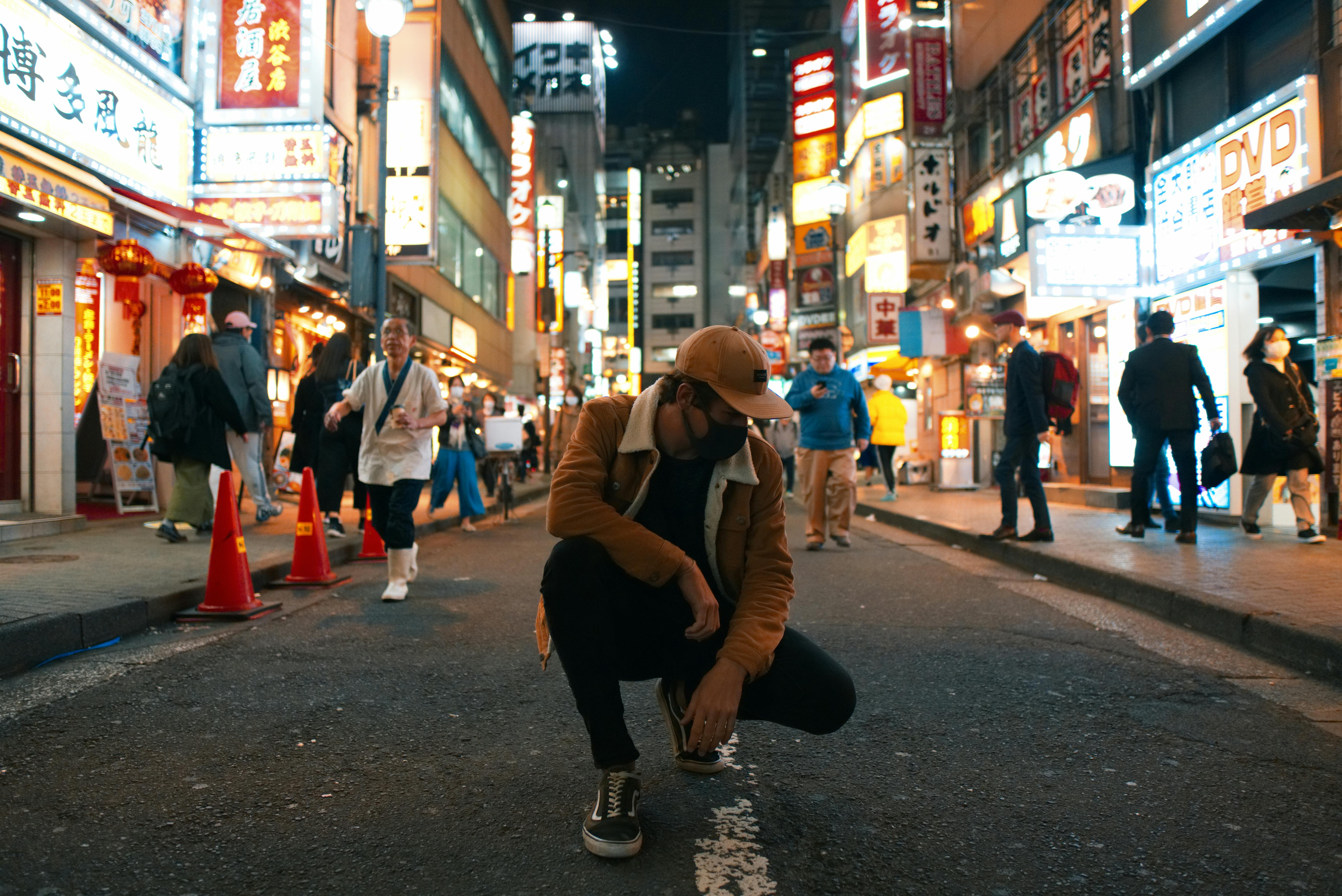
Photo by Tim Grundtner
By understanding where and how to drink respectfully in Japan, you can fully immerse yourself in the country’s rich traditions while leaving a positive impression.
Conclusion
The legal drinking age in Japan, set firmly at 20, underscores the country’s commitment to responsibility and tradition. Respecting this law ensures a seamless experience and fosters deeper connections with local customs, whether you’re exploring vibrant izakayas or attending cultural festivals.
Keep your ID handy, embrace Japan’s unique drinking etiquette, and enjoy with respect. Have questions or experiences to share? Drop a comment to keep the conversation going!

